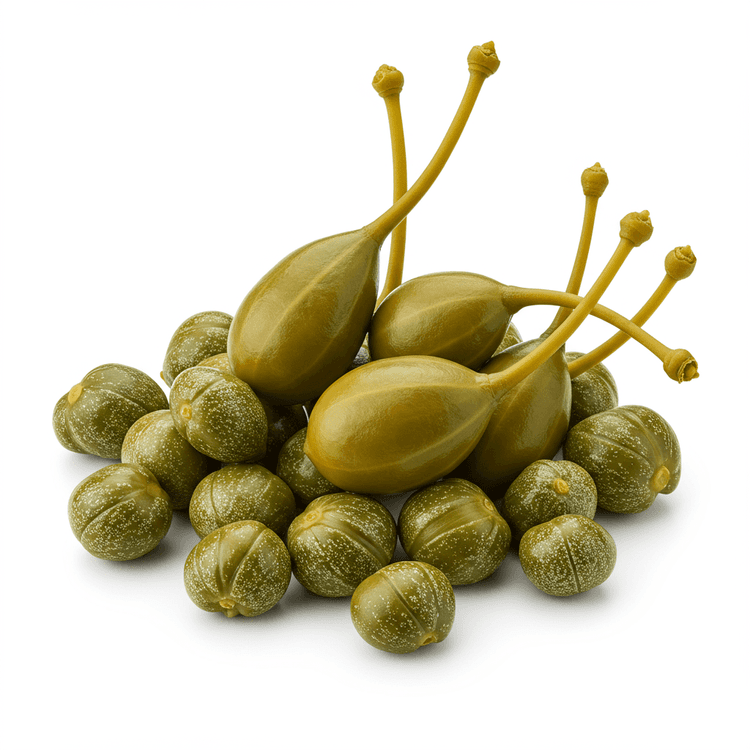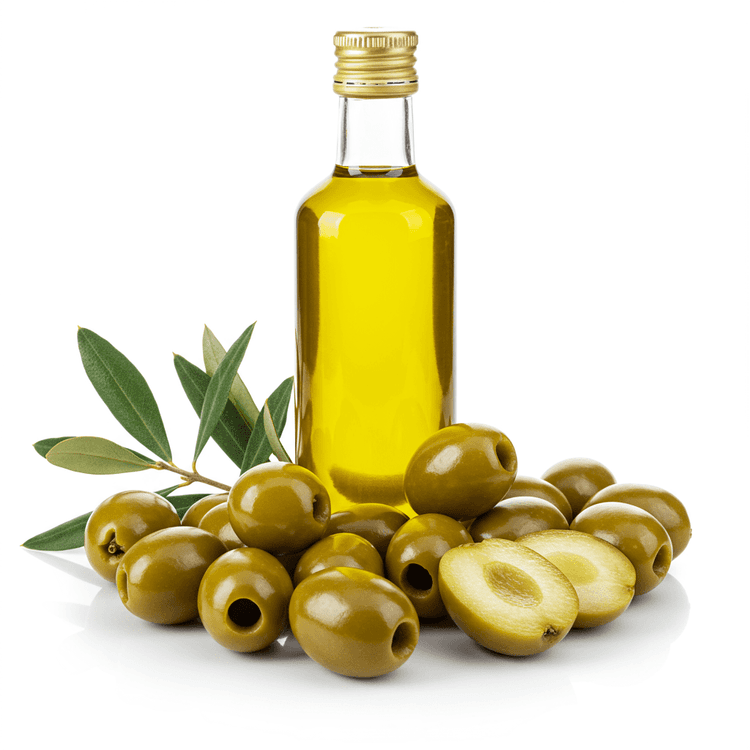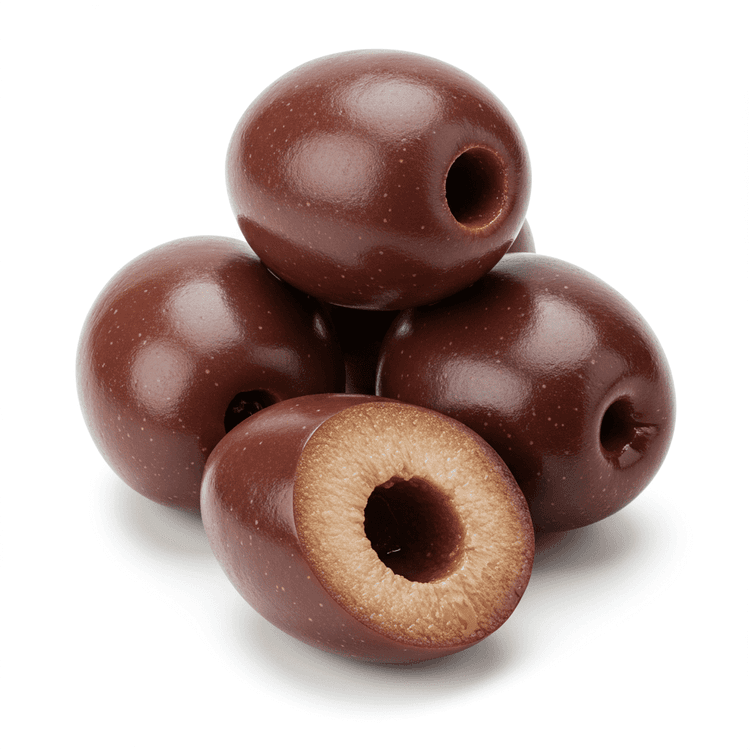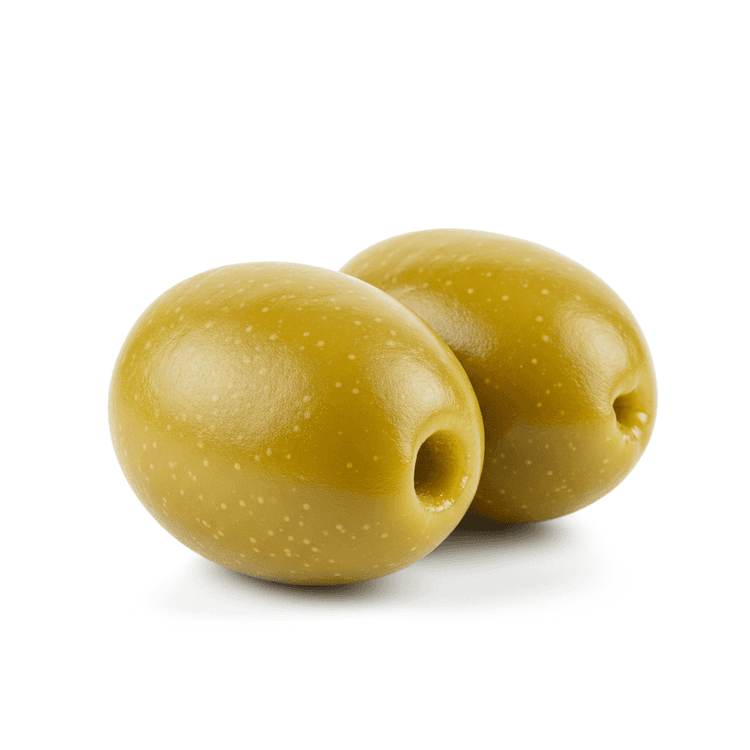
Olive
The olive, a small but mighty fruit, is known for its distinctive savory and sometimes bitter flavor. Its flesh, varying in color from green to black depending on ripeness, boasts a smooth, firm texture that yields a burst of briny goodness. Whether enjoyed whole, sliced, or pressed into luxurious olive oil, olives are a staple in Mediterranean cuisine and a versatile ingredient cherished worldwide. Discover the many ways to use olives in your cooking and elevate your dishes with their unique taste and healthy fats.
Common Uses
- Add sliced olives to salads for a burst of salty flavor and healthy fats, enhancing the overall texture and taste.- Incorporate chopped olives into tapenades or spreads, serving them on crusty bread or crackers as a flavorful appetizer.- Use whole or halved olives in pasta dishes, complementing the sauce with their briny notes and contributing a delightful chewiness.- Stuff olives with cheese, garlic, or peppers for a delicious and easy-to-make snack or appetizer.- Press olives to extract olive oil, a versatile cooking oil used for sautéing, frying, and drizzling over salads and finished dishes.- Bake olives into breads or focaccia, infusing the dough with their savory essence and creating a unique flavor profile.
Health Benefits
- Rich in monounsaturated fats, promoting heart health and reducing the risk of cardiovascular diseases.
- Contains antioxidants like oleocanthal, which may have anti-inflammatory properties and help protect against chronic diseases.
- Source of vitamin E, supporting skin health and acting as an antioxidant.
- May contribute to improved bone health due to its polyphenol content.
- Can aid in digestion and promote gut health due to its healthy fat content.
Substitutes
Chefadora AI is here.
Experience smarter, stress-free cooking.
Storage Tips
Store olives in their brine in an airtight container in the refrigerator after opening. This helps maintain their flavor and texture. Unopened jars or cans of olives can be stored in a cool, dark pantry at room temperature until their expiration date. Avoid exposing olives to excessive heat or light, which can degrade their quality.
Marnirni-apinthi Building, Lot Fourteen,
North Terrace, Adelaide, South Australia, 5000
Australia




